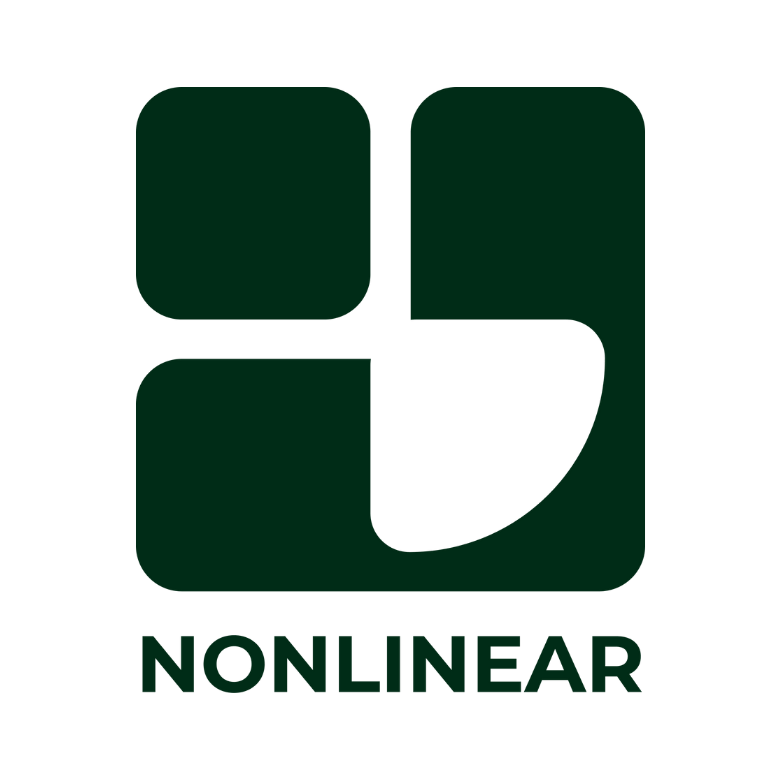
Nonlinear, an AI-first construction technology startup, today announced its official launch from stealth with a platform that gives Architecture, Engineering, and Construction (AEC) firms the building blocks to design and automate workflows at scale.
Founded in 2023 by Stanford graduates Sheel Sansare, Adam Banga, and Sunny Yu and backed by Silicon Valley investors Unusual Ventures, Nonlinear combines industry experience with AI expertise to tackle the time and cost challenges AEC firms face from fragmented systems and project data.
The Industry Gap
Today, construction work is still deeply anchored by document workflows like contract documents, submittals, and specs, most of which are always exchanged as PDFs and other unstructured formats. According to a 2022 Autodesk and FMI Report, construction professionals spend an average of 13 hours per week just searching for project data, and 35% of their time is lost to non-productive activities like retrieving information or resolving document errors.
In response, many AEC firms have experimented with document processing in AI chatbots like ChatGPT and Microsoft Copilot over the past two years. While these tools showed early promise, sustaining usage across organizations has been difficult. First, chatbots are often too open-ended, leaving business users unsure how to apply them to day-to-day work. Second, without guardrails like clear prompts, business-specific logic, and project data, these models often return inaccurate results.
“AI in construction doesn’t fail because the models aren’t powerful, it fails because teams don’t know how to use them consistently,” said Sheel Sansare, CEO of Nonlinear. “With Nonlinear, we take the guesswork out and enable teams to package prompts, tribal knowledge, and proprietary data into workflows that can actually be reused. Now, teams can move beyond ad-hoc experimentation and achieve lasting AI value.”
Meet the Nonlinear Platform
Nonlinear is a modular AI workflow builder that lets AEC teams design and reuse automations across projects and firm processes. Teams can choose to start with prebuilt workflows or create their own to apply firmwide.
Early use cases expected to reduce project timelines and costs include:
- QA/QC reviews on design documents and reports
- Submittal reviews for compliance with project specifications
- Proposal generation
- Quantity takeoff and estimation
Workflows can also run in familiar environments such as Microsoft Teams and Outlook and seamlessly integrate with industry-standard tools like Procore and Autodesk Construction Cloud.
Early users are already realizing the value:
Preload’s Chief Operating Officer, Will Cooksey said, “At Preload, we began using Nonlinear to speed up our overall takeoff and estimation process. With their platform, we can now design powerful, custom AI apps in one system, making it much easier to adopt firm-wide compared to several point solutions.”
Gulf Coast Underground’s Contracts Manager, Denise Davis said, “Nonlinear has simplified a process that once pulled time from multiple people. Now, our workflows are clear, efficient, and easier on the entire team.”
What’s Next
As Nonlinear brings the platform to market, the company will continue expanding integrations with leading project management tools and broaden its library of pre-built workflows to help firms transform project delivery.
To support this vision, Nonlinear has raised a $1.1 million pre-seed round led by Unusual Ventures with participation from leading industry angel investors. AEC teams can begin exploring and request a demo today at www.nonlinear.build .
Nonlinear is building the next generation of AI-powered tools for the Architecture, Engineering, and Construction (AEC) industry. Founded in 2023 by Stanford graduates with backgrounds in both AEC and AI software, the company delivers a no-code AI workflow builder that helps firms automate repetitive, document-heavy tasks, and focus on the creative, human-centered work that drives projects forward. Backed by Unusual Ventures, Nonlinear is shaping the future of construction technology. Learn more at www.nonlinear.build.

